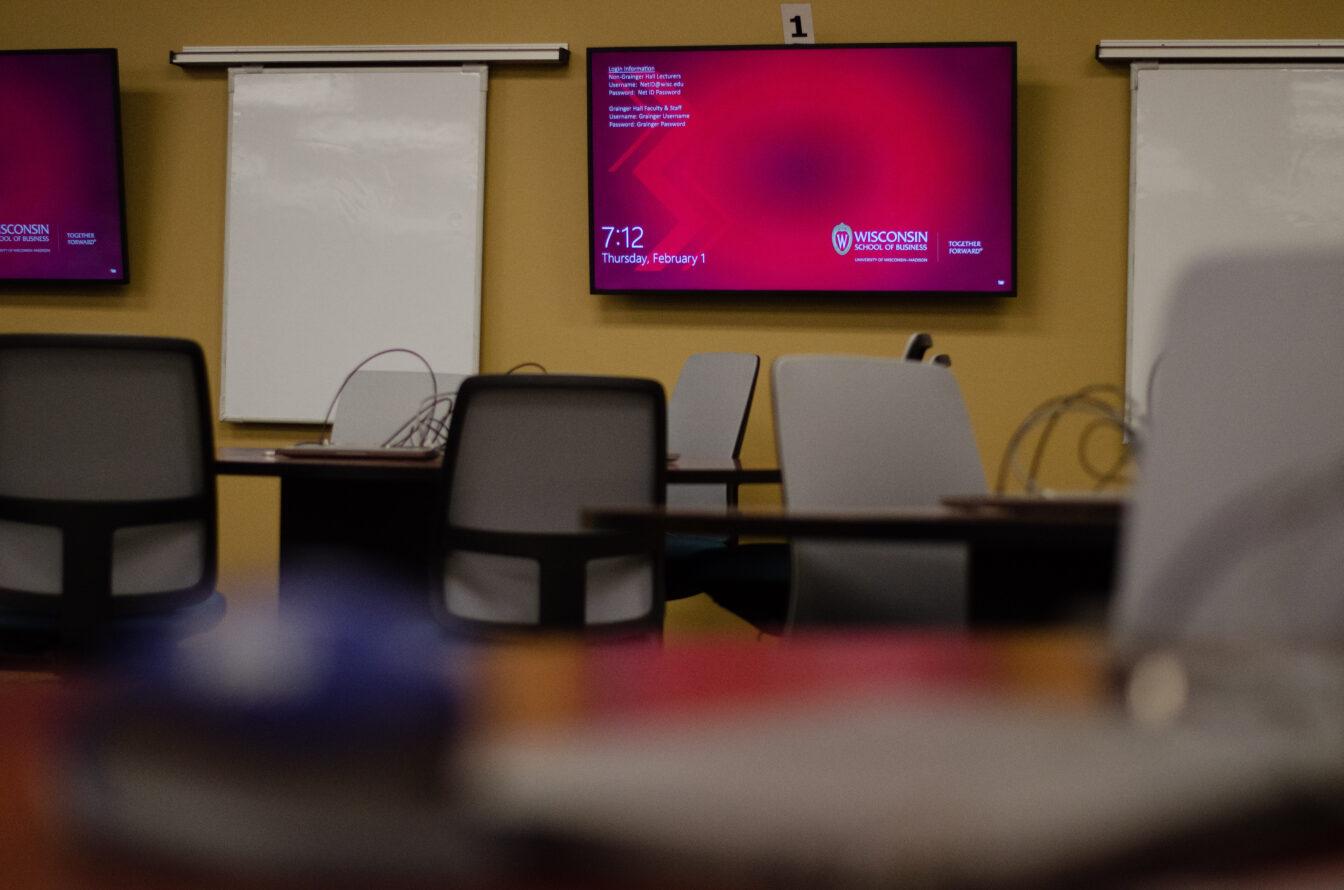Wisconsin Republicans want to allocate $500,000 a year to the Universities of Wisconsin to ensure the voices of conservative students on campus are heard. Rep. Scott Johnson (R-Jefferson) and Sen. Rachael Cabral-Guevara (R-Appleton) are proposing a bill to fund UW’s free speech office — the Wisconsin Institute of Citizenship and Civil Dialogue.
WICCD was created in order to have a center that could coordinate programming and research on the Constitution and the promotion of free speech. For the students on UW campuses who feel unheard, WICCD intends to give them a space to be able to understand their place and speak their minds.
Republicans claim the institution has not been adequately funded since its inception, and that this funding will further support WICCD. The center was founded in 2022 by UW System President Jay Rothman, and received $250,000 in its first year, according to Wisconsin Public Radio. Currently, WICCD does not have enough money to hire a full-time director, nor is it able to accomplish its goals of promoting knowledge on the First Amendment and free expression due to low funding, according to Johnson.
The current funds allocated to keep WICCD functioning are not being used properly and are being wasted as WICCD is not fulfilling its purpose. Republicans are especially passionate about funding WICCD after a free speech survey created by Rothman found that of over 10,000 Universities of Wisconsin students, 64% of “very conservative” students felt pressured to agree to certain political viewpoints in their classes, according to reporting by The Badger Herald. This is in comparison to only 15% of “very liberal” students feeling that way.
Racial identity needs to be considered in financial aid, scholarship decisions
It is critical that every student on a college campus is able to express their views and opinions, as long as they are not actively harming another student or group of people with said speech. Students from different ends of the political spectrum often feel marginalized and unheard, leading to a fractured sense of community.
It is important to also create a common ground where all voices — regardless of political affiliation — are not only heard but respected, especially in an area as diverse as a college campus.
Though everyone may not agree and political discussions may create conflict, conflict is important for learning and growing with each other. As long as people do not feel threatened by the beliefs and claims of others through their speech, that type of conflict and disagreement is healthy.
But once there is active harm being inflicted upon someone as a result of someone’s statements, that is when that right to free speech becomes hate speech. Though hate speech is technically protected under the First Amendment, it should be avoided at all costs and made clear that even though WICCD supports free speech, it does not support hate speech.
But it appears as though these allocations of funds for the WICCD are not completely about free speech and constitutional rights, and more about political controversy and conflicts. This is illustrated in particular by the budget cuts state Republicans made to the UW System last year that withheld funding from the universities until they removed Diversity, Equity and Inclusion programming.
Without DEI programs, many students will be left with little resources or support to feel secure with their identity. Removing DEI programming from college campuses removes services that are critical to providing students a safe space to express themselves and be who they are. DEI programs also allow for more perspectives to be shared in university courses, which enhances not only the learning process, but enriches cultural understanding as well.
There needs to be a space on UW campuses where all students feel heard and respected. If DEI programs and WICCD are both adequately funded to serve their purpose, then there could be a common feeling of acceptance on UW campuses.
Wisconsin must expand Medicaid, regulation of prescription drug prices
DEI programs play a pivotal role in creating an environment where students from all walks of life feel valued and supported, and WICCD provides an opportunity for students with conservative views to feel as if their voices are heard. Adequate funding for both of these programs would ensure resources are available to address the unique needs of various communities on campus.
But one cannot be solely funded while the other is taken away. Both programs should be financially supported to truly allow all students to share their views and feel supposed.
Universities are meant to be a place for people to learn, think and collaborate to achieve their educational and career goals. They are meant to prepare people to become functioning members of society. In order to accomplish this, they need to embrace a variety of perspectives. Individuals through universities need to learn how to compromise with those they disagree with to become functioning members of society. This variety of perspectives can be achieved throughout the Universities of Wisconsin with the funding of both DEI programming and the WICCD.
Sammie Garrity ([email protected]) is a freshman studying journalism and political science.














